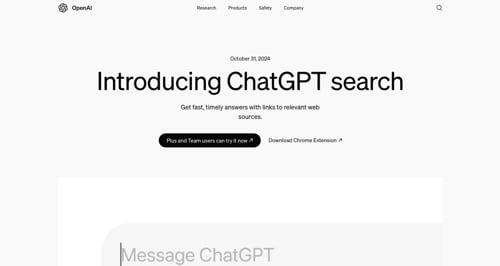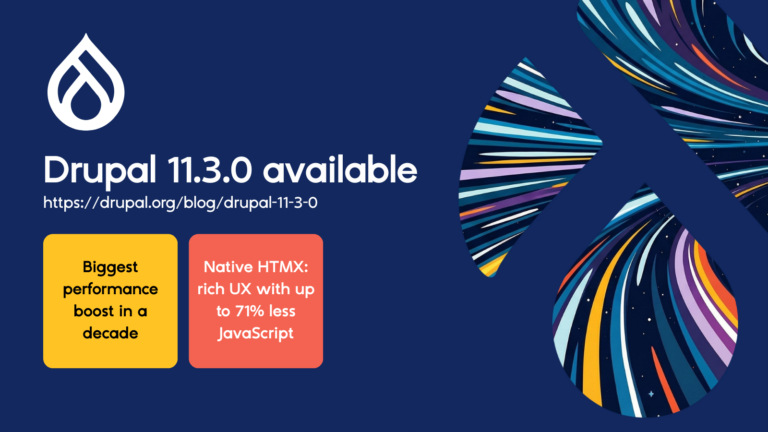
Google instructs its human quality raters to apply “EEAT” when evaluating a page on search results. “Experience, Expertise, Authoritativeness, Trustworthiness” are quality indicators, per Google.
Google cites EEAT in its documentation, prompting many search engine marketers to advertise “EEAT optimization” services. Unfortunately, I’ve seen tactics that fabricate EEAT with fake authors, bios, and experience.
Moreover, many marketers claim better EEAT can overcome losses from Google’s “helpful content” ranking algorithm. Yet Google has offered no such recovery method.
Updated Guidelines
The rise of “EEAT optimization” services has reached the search giant. In the January 2025 update to its quality guidelines (PDF), Google instructs raters to detect fake authors, fake profile pictures, and fake expertise via:
A webpage or website with “fake” owner or content creator profiles. For example, AI generated content with made up “author” profiles (AI generated images or deceptive creator descriptions) in order to make it appear that the content is written by people.
Factually inaccurate and deceptive information about creator expertise. For example, an author or creator profile inaccurately claims to have credentials or expertise (e.g., the content creator claims falsely to be a medical professional) to make the content appear more trustworthy than it is.
The update — I added the bold words — confirms Google recognizes the problem of fake EEAT credentials and encourages raters to be on the lookout.
EEAT is for human evaluators. It’s not a direct algorithmic ranking factor. Beware of services that promise otherwise.
Instead, ensure your EEAT components are prominent and thorough. Most businesses overlook the opportunity and fail to disclose one or more of the following:
- Founder(s) name, experience, education, awards, and achievements.
- Collaborating companies (entities), such as key customers and vendors.
- Citations and links in blog posts and marketing materials.
- Links to the business’s social media profiles (containing key company details)
- Genuine reviews or verifiable testimonials
- Detailed contact info (mail, physical, and email addresses; phone number), not solely a generic contact form.
Include structured data markup (such as Organization schema) to help search engines and AI platforms access the above details.
Trust and authority are commonsense qualities of any business, not just those looking for organic search visibility. Nonetheless, demonstrate to search engines, genAI platforms such as ChatGPT, and humans by:
- Hiring or collaborating with knowledgeable writers and experts.
- Investing in authority-driven content, such as research and surveys.
- Keeping social media profiles active and engaging.
In short, EEAT may not directly improve organic search rankings. But fabricating those components will almost cause long-term harm. Consumers buy from authentic and honest businesses. Those qualities drive engagement and conversions.





